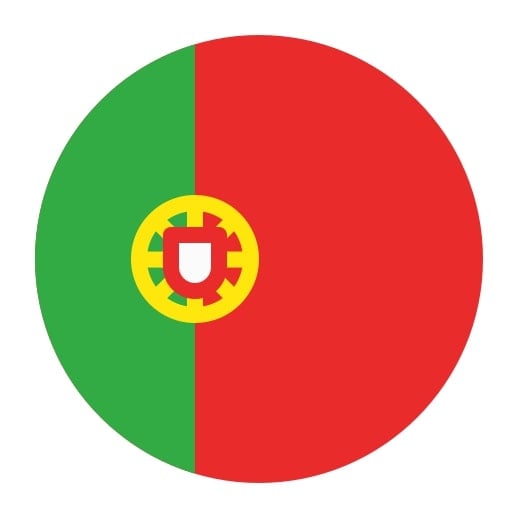Portuguese Grammar Exercises
Eager to strengthen your Portuguese skills? Jump into grammar practice to master sentence structure, verb conjugations, and the unique patterns of the Portuguese language. Start practicing Portuguese grammar now and see your confidence and fluency grow with every exercise!
Get started
The most efficient way to learn a language
Try Talkpal for freePortuguese Grammar Topics
Learning a new language can be an exciting and rewarding experience, and Portuguese is no exception. As the sixth most spoken language in the world, it offers numerous opportunities for personal and professional growth. Understanding and mastering its linguistic intricacies and grammar can open doors to rich cultural experiences in countries such as Portugal, Brazil, and various African nations. To ease your journey into the world of Portuguese, this guide outlines the sequence of grammar topics you should follow, ensuring you build a strong foundation and progress at a comfortable pace.
1. Articles:
Begin with learning definite and indefinite articles, which are essential building blocks of the language. These provide a framework for understanding the gender and number of nouns in sentences.
2. Nouns:
Familiarize yourself with Portuguese nouns, including their gender (masculine or feminine) and number (singular or plural). This knowledge will be crucial for forming coherent sentences and agreements with other elements, such as adjectives.
3. Adjectives:
Learn how to describe nouns using adjectives, which must agree with the noun in gender, and number. This will enhance your ability to express ideas and describe objects or people in Portuguese.
4. Pronouns:
Dive into the world of pronouns, including personal, possessive, demonstrative, and relative pronouns. These replace nouns in sentences and help avoid unnecessary repetition.
5. Verbs:
Understand the different verb conjugations in Portuguese, which are essential for expressing actions, events, and states. Start with regular verbs, and then move on to irregular verbs and their various conjugations.
6. Tenses Indicative:
Learn the indicative mood, which is used to express facts or certainty. This includes understanding the different tenses such as present, past, and future, as well as their conjugations for different types of verbs.
7. Tenses Subjunctive:
Delve into the subjunctive mood, which conveys doubt, possibility, or uncertainty. This includes learning the present, past, and future subjunctive tenses, and their respective conjugations.
8. Tense Comparison:
Study how to compare and contrast the different tenses in both the indicative and subjunctive moods. This will help you choose the appropriate tense for various contexts and situations.
9. Adverbs:
Learn about adverbs, which modify verbs, adjectives, or other adverbs, providing additional information about the manner, place, or time of an action.
10. Prepositions:
Familiarize yourself with the use of prepositions, which establish relationships between words in a sentence, such as location, direction, time, or purpose.
11. Sentence Structure:
Finally, understand the basic sentence structure in Portuguese, including word order, negation, and forming questions. This will enable you to construct meaningful and grammatically correct sentences, allowing for effective communication in the Portuguese language.








